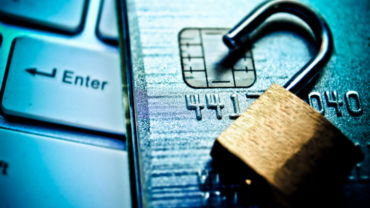As we enter the most lucrative time of the year for many retailers, it is also the season to be wary of credit card scams and other types of digital identity theft.
The cost and prevalence of digital theft
Protecting your digital self isn’t just a fad. While overall instances of identity theft dropped in 2018, for the 14 million plus affected, it didn’t really matter that there were fewer cases. A 2019 Javelin Strategy & Research study indicated that the cost per victim loss nearly doubled between 2016 and 2018, rising to nearly $2 billion in total.
The focus of criminals on new account fraud, such as loyalty and reward accounts, as well as retirement accounts also increased in 2018. The Federal Trade Commission (FTC) tracks consumer fraud and identity theft. They also track the types of identity theft, and over half of all identity theft reports made involved credit card fraud, with new account fraud topping the list. And, remember, if your children are online, they’re also at risk.
What can you do to protect your digital self during the busiest shopping season of the year?
Protect your digital self with these tips to prevent theft
- Don’t provide your account number to anyone on the phone unless you initiated the call
- Do the same online as you would in person—question and vet vendors for business reputation and customer service
- Do not click on suspect links in emails from vendors with whom you do not remember having an account
- Encrypt your data and keep strong, creative passwords private
- Don’t overshare on social media, particularly personal identifiable information, such as your address, full name, phone number or account numbers
- Monitor your account activity regularly; Look for suspect activity on any accounts, or bills for accounts you didn’t open
- Report questionable charges immediately and any theft on the FTC’s site at ftc.gov.
- Be judicious when using public WiFi. An encrypted website only protects the information sent to and from that site. A secure network protects all the information sent.
- Shred credit card offers and cards you are not using
- Use security software and read privacy policies
- Keep a record of account numbers and expiration dates
- Lock up your laptop if possible
Whether it’s you or your clients, it’s important to protect your digital self and stay safe during the holiday season.
For more on cybersecurity and identity theft, visit cl.tr.com for related courses.






